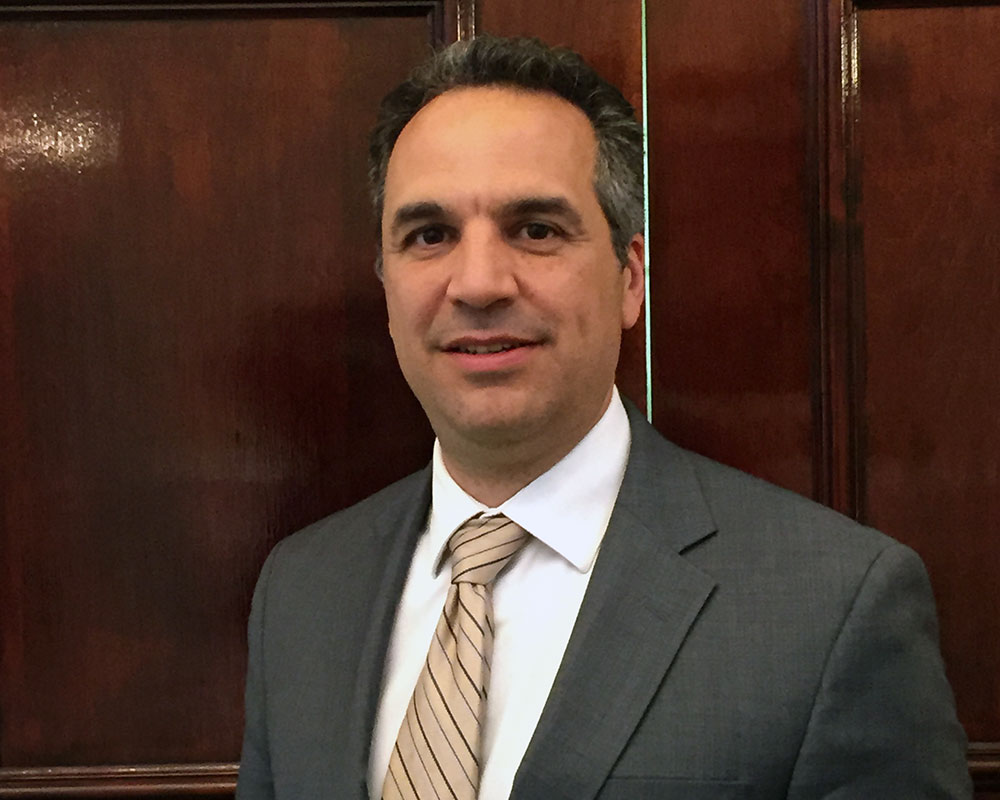Frontline health workers with children in school will soon receive a survey from Haverhill’s school administration as it tries to find a way to get those students back into the classroom.
That suggestion was made at Thursday night’s School Committee meeting by member Paul A. Magliocchetti as part of a discussion on how the administration is determining when students should return to classes.
Magliocchetti acknowledged that many families are affected by trying to juggle work and remote learning but said parents who work on the front lines are essential to beating this pandemic.
“The people that work in the medical field—the nurses, the doctors, the technicians, the people that have to be to work every single day in order to conquer this virus. In order to get out of this pandemic, we need these medical people at work every single day and we need to see if we have the capacity to take care of these children so these parents can get the job done,” he said.
He pointed to the Cohort C students who attend classes four days per week, and asked if there was room for more students.
School Superintendent Margaret Marotta answered because of the six-foot distancing rule, there is not much room to spare.
“I am afraid that unless we switch to three-feet social distancing, I think the number of seats you’re going to find K-8 across the school district is somewhere around maybe 40 to 50,” Marotta noted.
She agreed to send the survey, however, as a first step in finding out how many children might fall into that category.
The superintendent also updated the Committee on the COVID-19 pool-testing program which she said has gone quite well. Marotta explained how it works.
“A group of people test at the same time and all their swabs are placed into one beaker and they’re tested as a group,” she explained.
Marotta said they have been able to test 300 people in three days. So far, two pools have come back and they were negative. She also noted that cost-wise, pool testing is only about 1/10 the expense of individual testing.
Committee member Toni Sapienza-Donais questioned the accuracy of the pool tests though, noting they are not certified by the U.S. Food and Drug Administration. She was assured by Haverhill school pediatrician John L. Maddox the lack of formality is simply because everything related to COVID-19 falls under the Emergency Use Authorization. The test itself, he said, has shown itself to be quite reliable.

